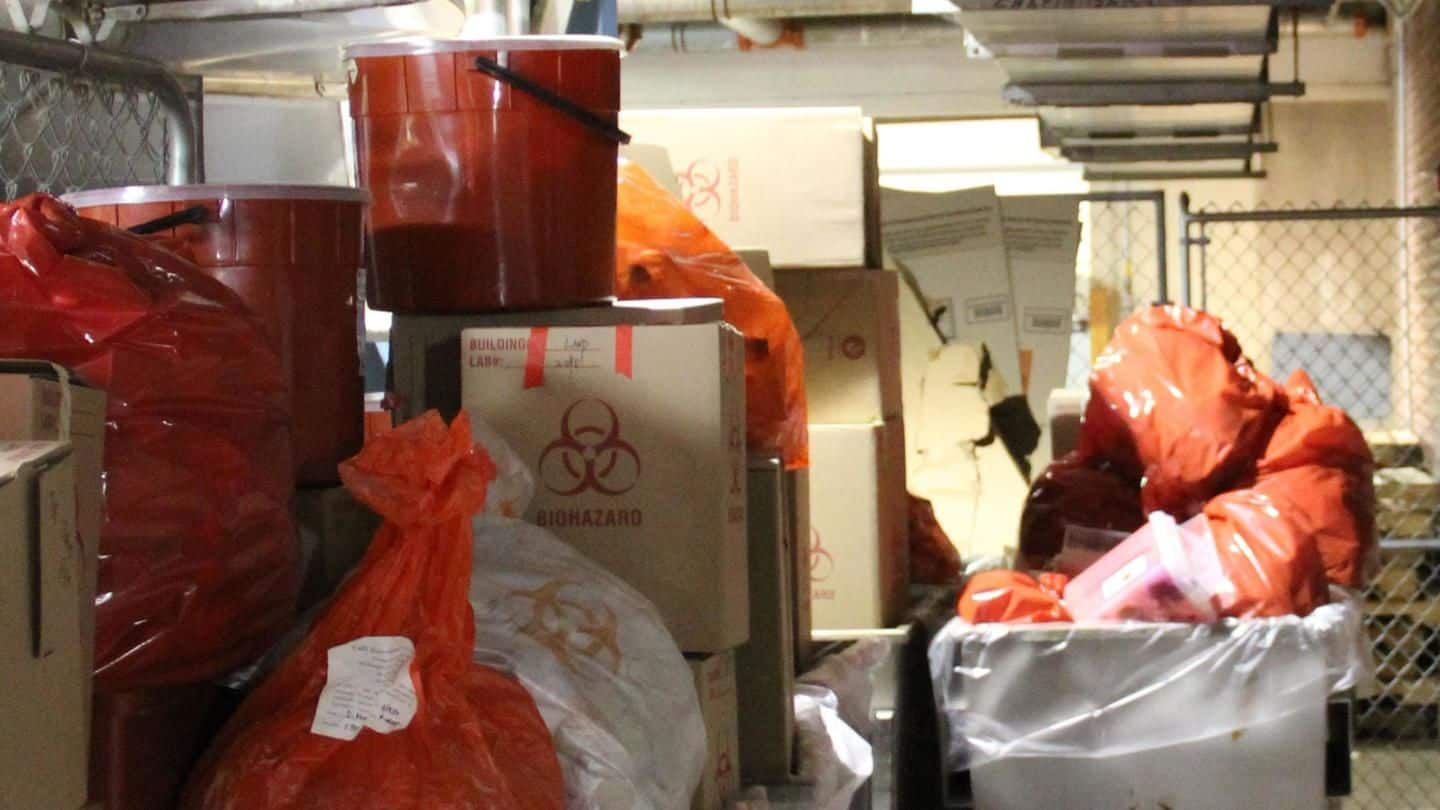
India to generate 775.5 tons of medical-waste daily by 2022
What's the story
India is likely to generate about 775.5 tons of medical waste per day by 2022 from the present level of 550.9 tons daily, a study conducted jointly by ASSOCHAM and Velocity said. The study, which was released by Dr. Kirti Bhushan, DGHS of Delhi government said, medical waste is expected to grow at a compounded annual growth rate (CAGR) of about 7%. Here's more.
Responsibilty
Waste management is a social responsibility: Delhi DGHS
Titled "Unearthing the Growth Curve and Necessities of Bio Medical Waste Management in India-2018", the study stressed the need for stringent monitoring and evaluation framework to ensure safe and effective management of waste. Bhushan said: "Waste management is not only a legal necessity but also a social responsibility. Lack of concern, awareness are some of the problems faced in proper biomedical waste management."
Time to control
Waste management market to touch $13.62bn by 2025
Waste management market in India is expected to reach $13.62bn by 2025, Dr. Bhushan said, adding, "There is a need for education regarding the hazards associated with improper waste disposal." Major waste sections such as municipal solid waste management market, e-waste market, and bio-medical waste are expected to grow at CAGR of 7.14%, 10.03%, and 8.14% respectively.
Information
Challenges in bio-medical waste management
According to study, key challenges in bio-medical waste management include speed of data availability, under-reporting of waste generated, handling capacity, the operation of health-care facilities without authorization under Biomedical Waste Management Rules, and lack of awareness among various sections of the staff at all levels.
Diseases
Inadequate waste management can cause typhoid, cholera, hepatitis et al
Inadequate waste management can cause pollution, growth, and multiplication of vectors like insects, rodents, and worms and may lead to transmission of diseases like typhoid, cholera, hepatitis, and AIDS through syringes and needles, the report stated. In addition to health risks associated with poor management of medical waste, its impact on the environment must also be considered, the study added.